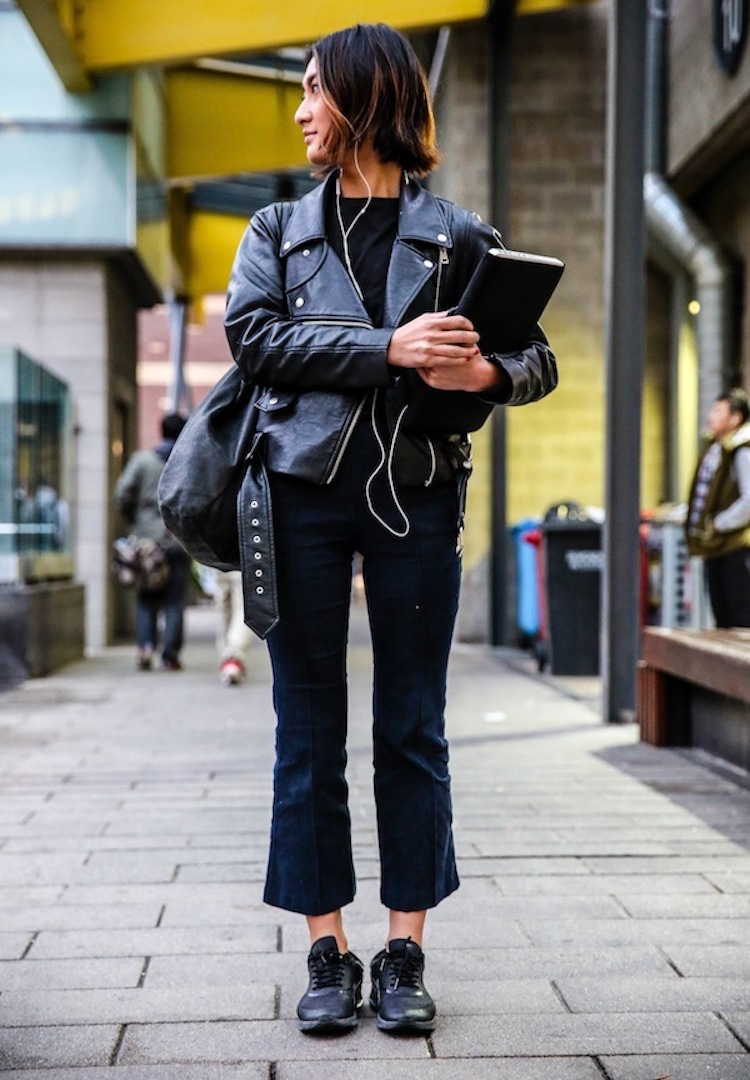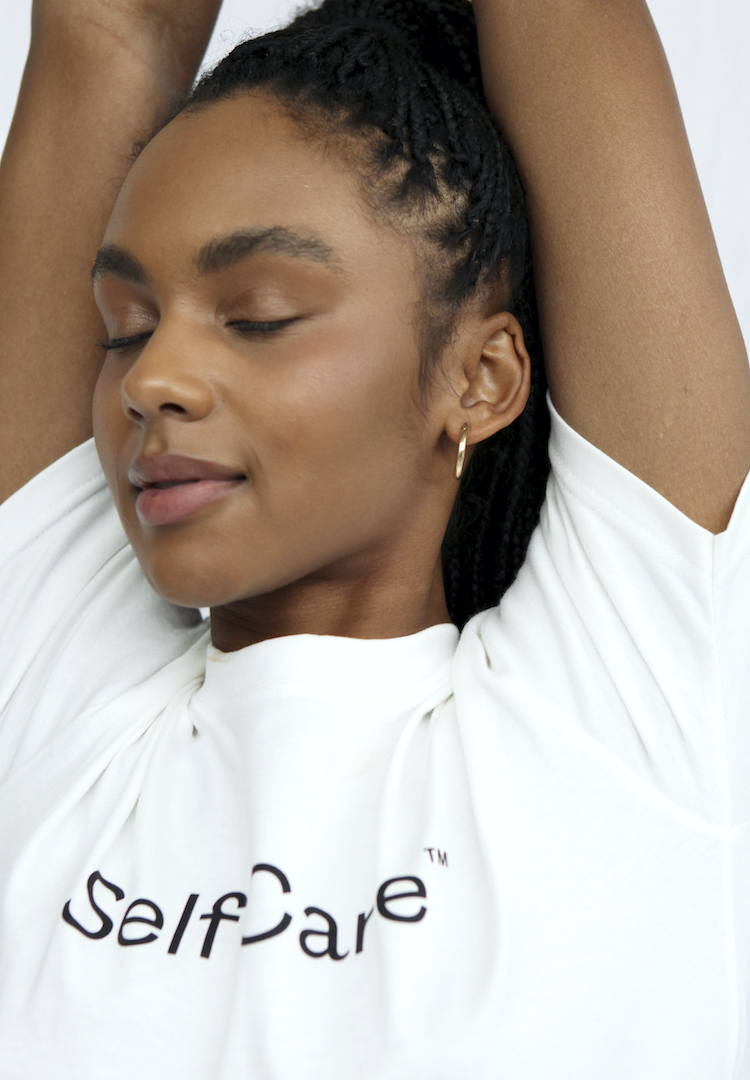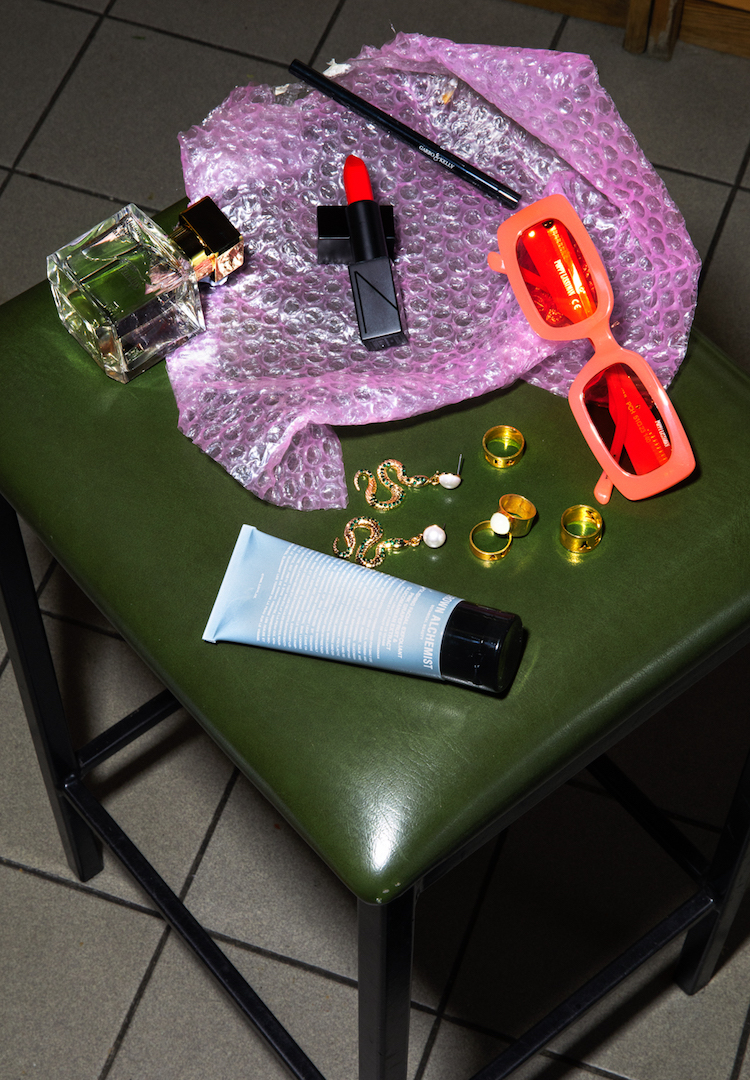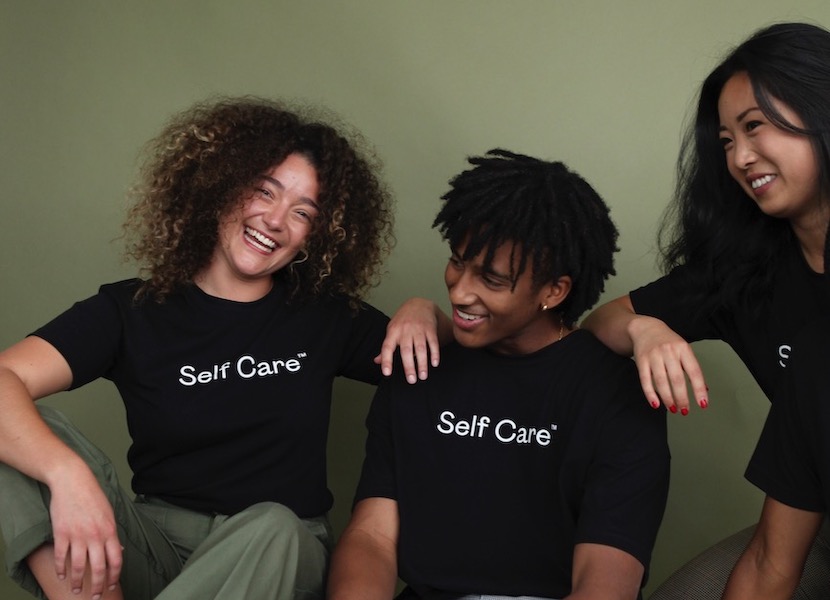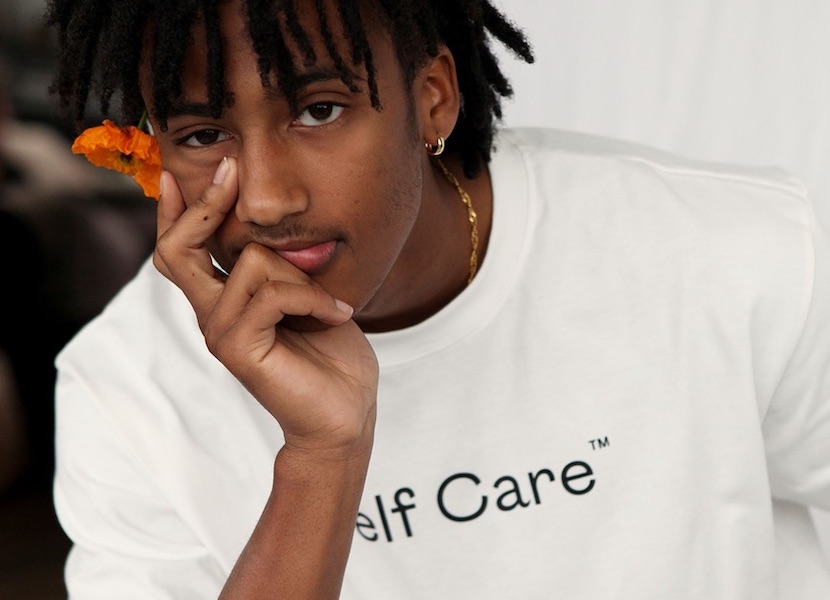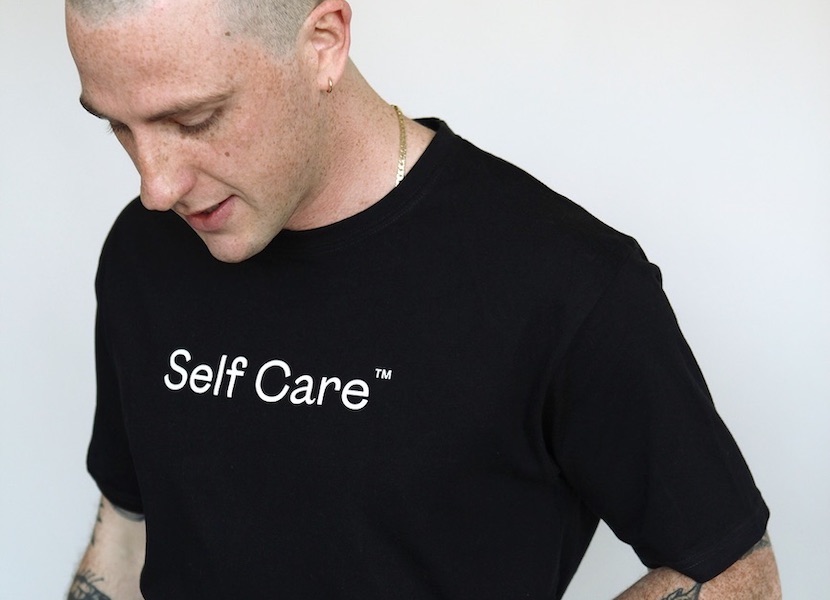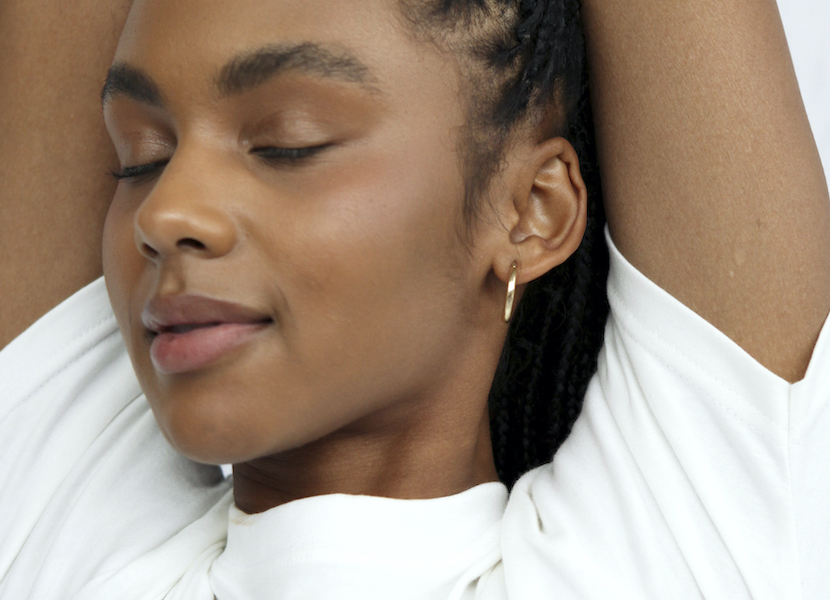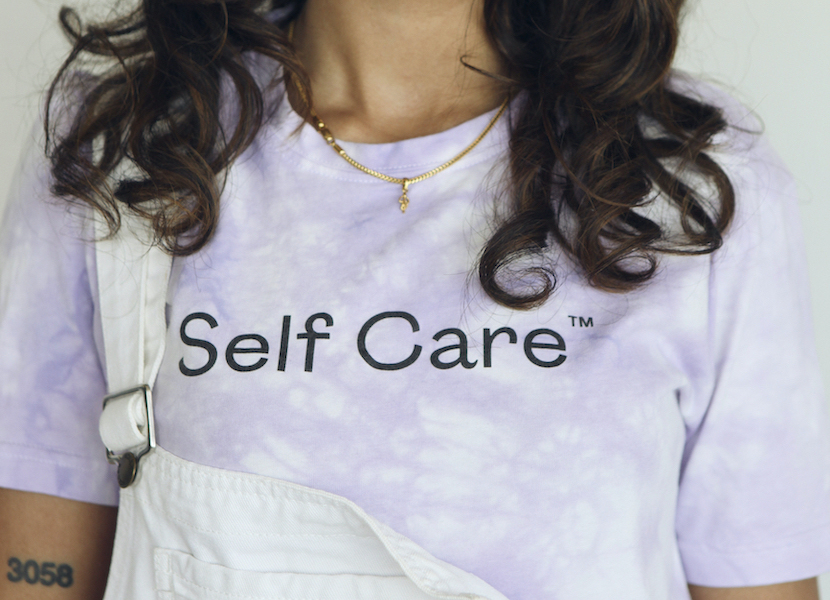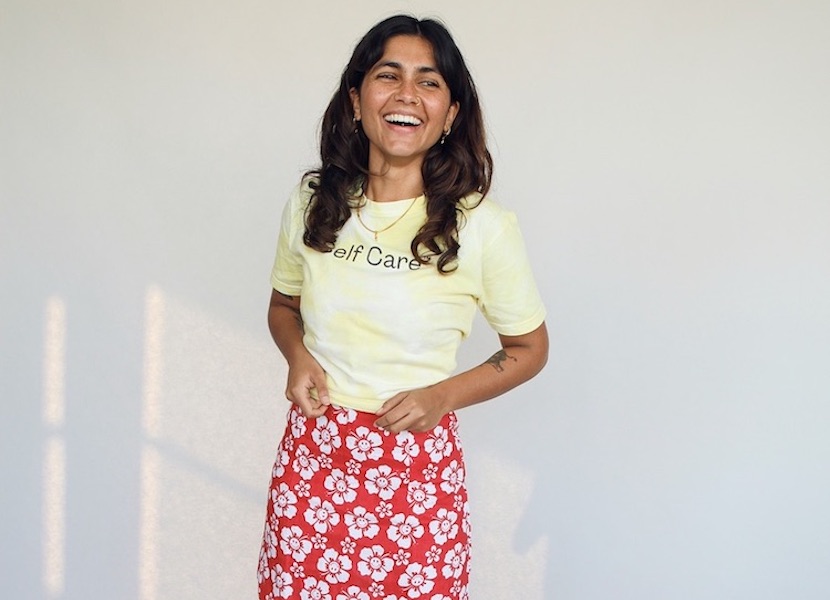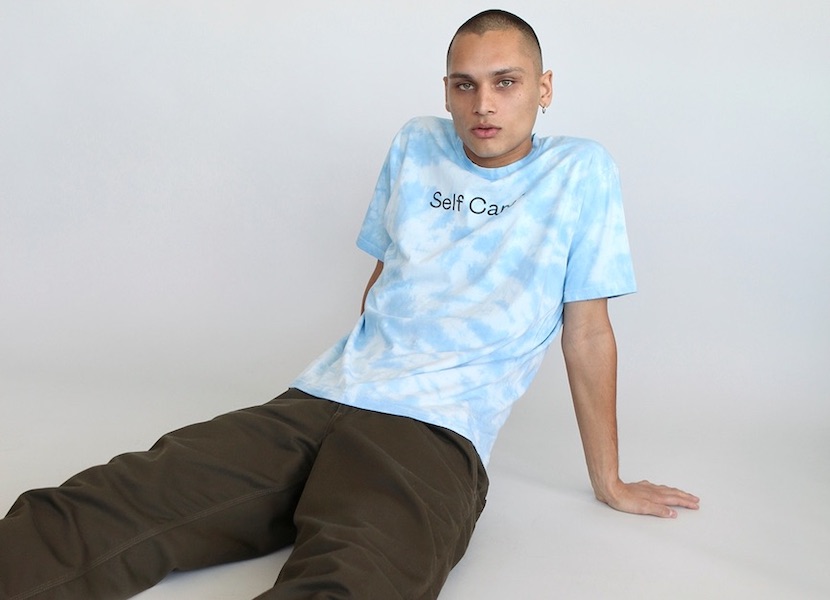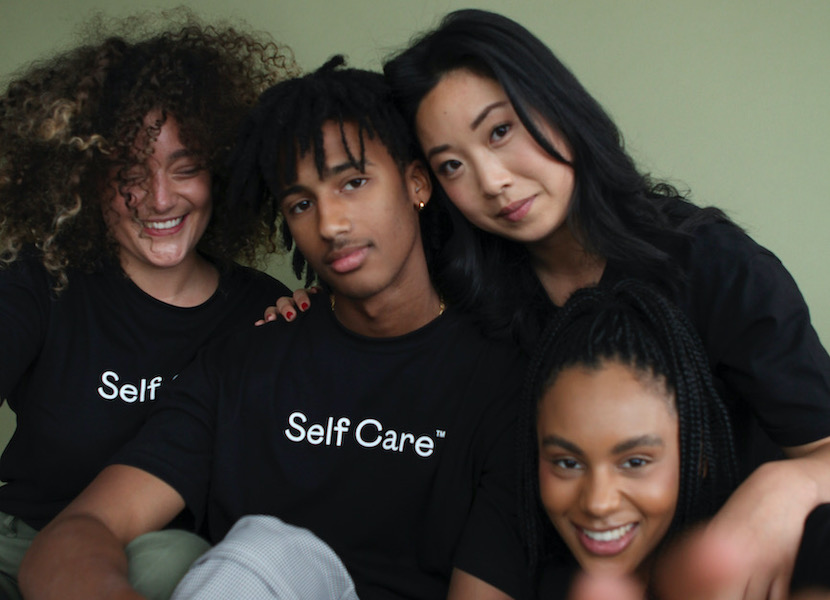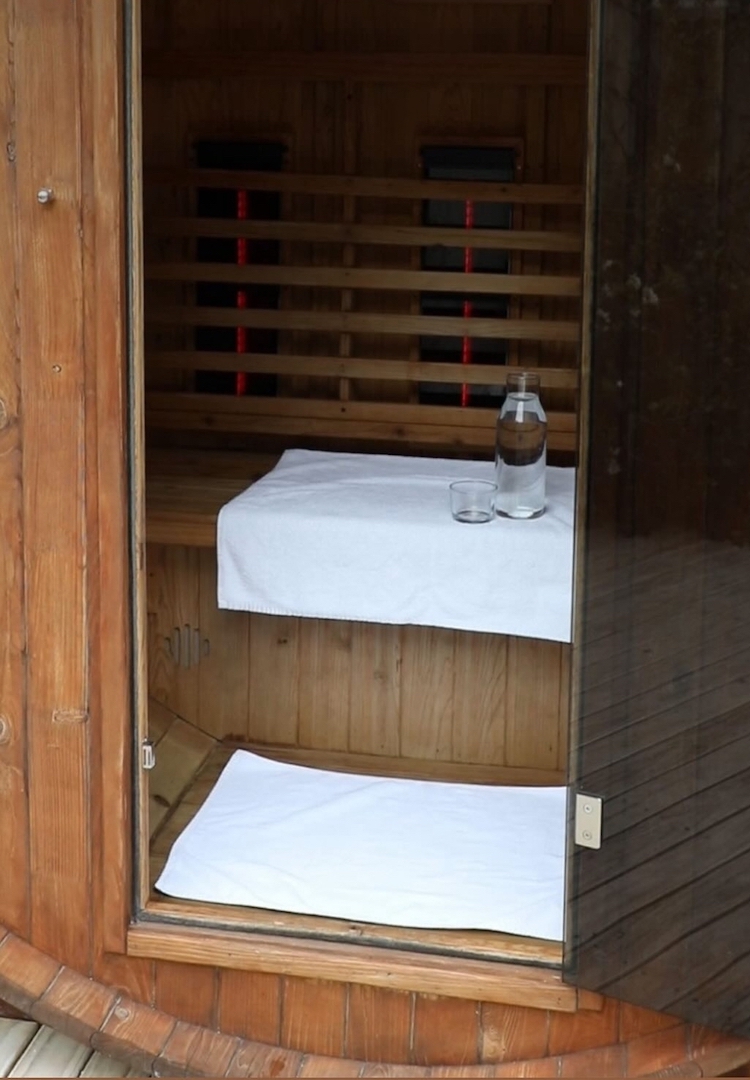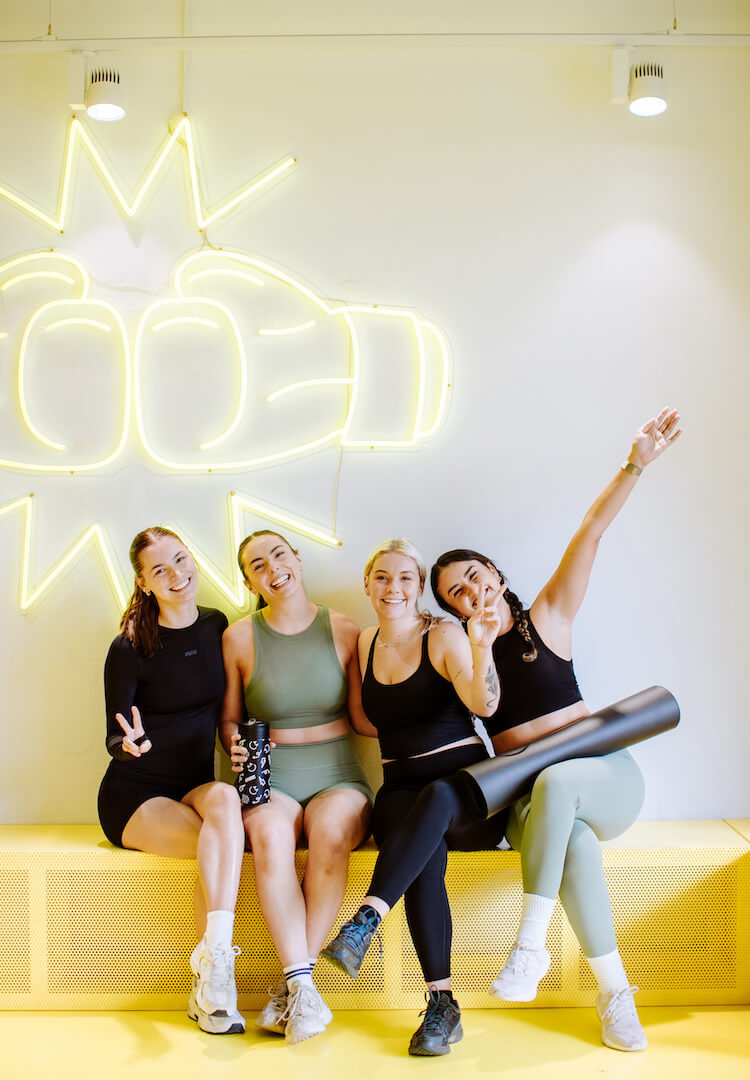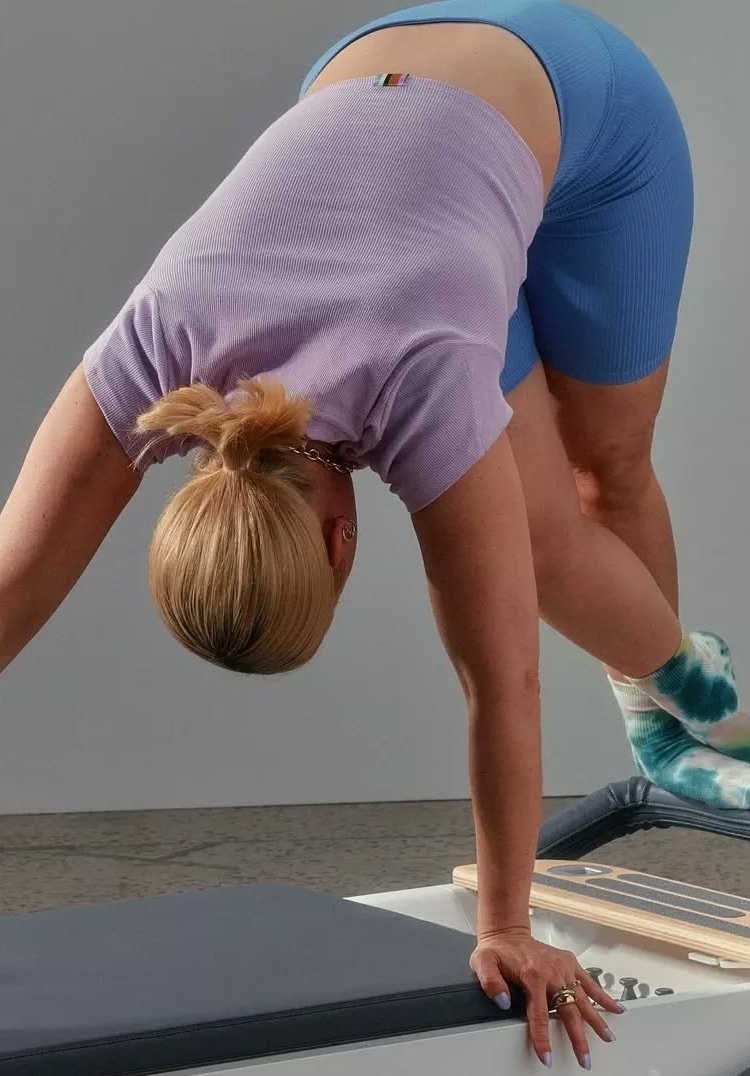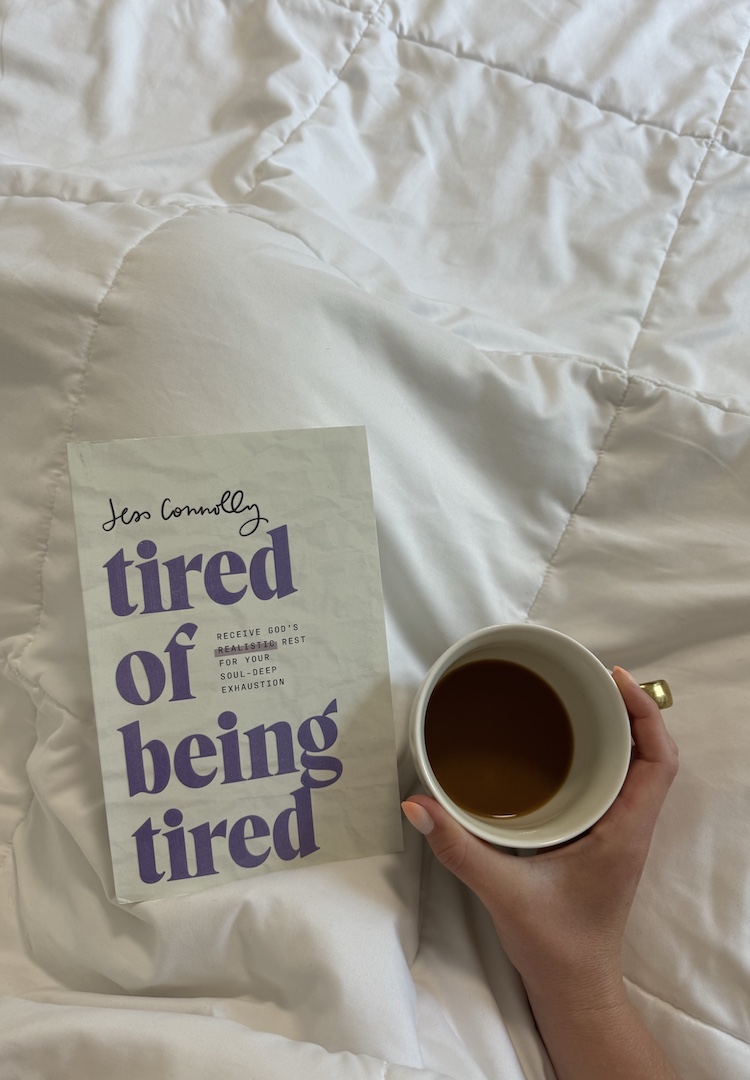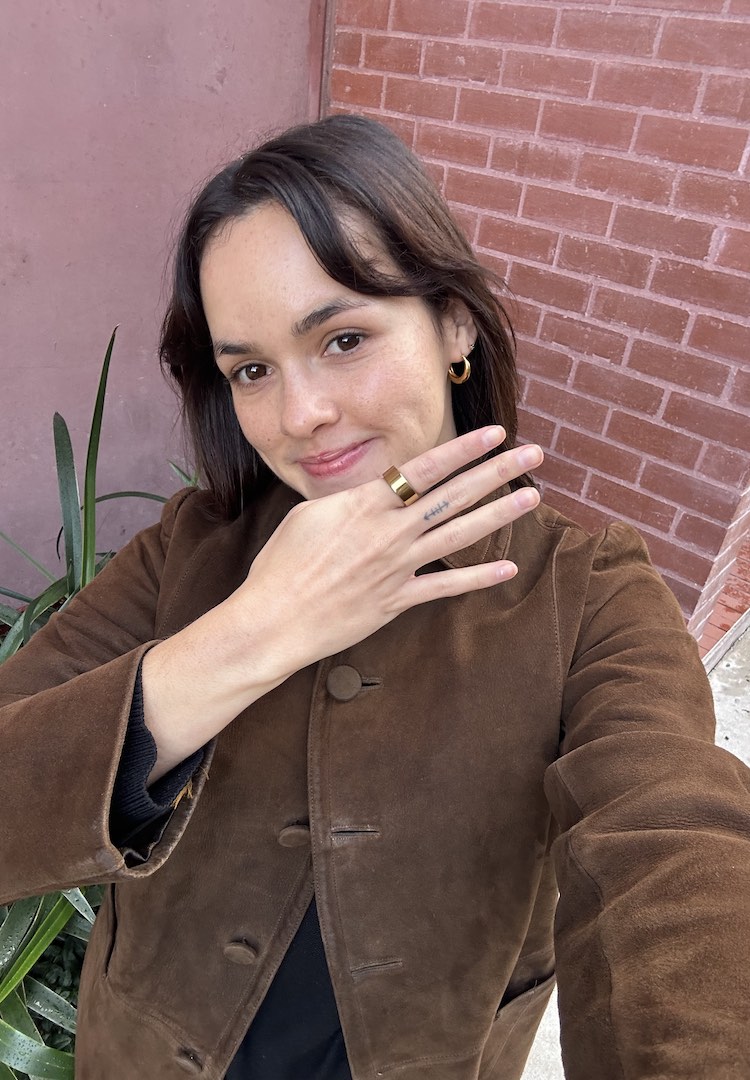We need to talk about the whitewashing of wellness in Australia
Words by Rachael Akhidenor
The current image of wellness and self-care needs to change.
I was 18 when I attended my first yoga class. I attended it an attempt to tame the anxiety brought on from my first year in law school. I was instantly hooked. I fell into the world of wellness with open arms and a big wide smile.
I have been fascinated with the human condition, self-development and spirituality from a young age, so I felt at home there. I felt welcomed. Reflecting on this many years later, I attribute my immediate comfortability to this strange new world to having grown up in predominantly white spaces.
You see, for me, to be the only person of colour in a room of mostly white people was normal. In primary school, I was one of only two melanated children in my class. I was the only person of colour who worked in the store of a high-end womenswear label (my part-time job while I was at university). Even at law school, people of colour were definitely in the minority.
I was so used to looking different, in fact, that I didn’t even recognise how much this had worked in my favour. I was habituated to the fact that I would be different. So much so that I didn’t make me uncomfortable. This, I know, is a privilege that many of my fellow POCs are not so lucky have.
I began to notice the disparity of race in wellness many years after my love affair with self-care began. It was Manoj Dias, meditation teacher, speaker and co-founder of meditation studio Open (formerly A-space) who changed everything for me. In an interview I heard, Manoj asked us to think about who wasn’t in the room.
I stopped dead in my tracks. My previous experiences in meditation studios and in the reception areas of acupuncturists and reiki practitioners flashed before my eyes. Yoga classes flooded with thin, white women in Lycra, with the occasional man and POC dotted throughout. Lululemon stores with not one person of melanated skin in sight.
Instagram was even worse. Grids of luscious health and wellness studios in Bondi and Byron with images exclusively of toned, fair-skinned women. These Instagrams are relaxing, yes, but also, undoubtedly, white. Perhaps what I found most peculiar about all this was the lack of conversation around it. Diversity in fashion was certainly on our culture’s radar (even if we were engaged in it rather performatively).
Yet when it came to health, mindfulness and wellness, it was as if we had all accepted the fact this was only reserved for the Gywneth Paltrows of the world. Despite the immense controversy that surrounds Paltrow and Goop, Australia, it seems, has blindly mirrored their image of wellness. In short, they present self-care as being reserved for the white, thin and privileged.
This lack of representation had meant that men, people of colour and other marginalised groups did not feel invited into the seemingly exclusive conversation of living well. But, unlike beauty and fashion, the consequences here are far more dangerous.
The beneficial impact of mindfulness and caring for oneself is now so known that it goes without saying. Unfortunately, the correlation between the lack of diversity and representation and mental health issues is clear when you look at the statistics.
Data from the ABS in 2016 shows that men, who are almost entirely ignored when it comes to the conversation around self-care, are three times more likely to die by suicide than women. And Aboriginal and Torres Strait Islanders are twice as likely to die by suicide in comparison to the general population.
Most people would likely proffer that wealth is to blame. For many, wellness and privilege are inextricably linked. But while financial privilege might be able to describe the disparity of race in wellness, it fails to provide an ample answer to the broader issue at hand. After all, men, particularly white men, are undoubtedly the most financially successful in society, but they are severely overrepresented in mental health statistics.
In a conversation last year with Jonni Pollard, a world-renowned meditation teacher and the founder of One Giant Mind, I asked him how he thought this could be changed. He, in response, put the question back to me. “Representation,” I said instantly. “Without seeing POCs, men, members of LGBTQIA+ community talking about self-care, about mental health, about wellness, we won’t believe it is for us.”
Emboldened by this response, I made it my mission to promote and educate on self-care for all. My brand Self Care™ does exactly that. Through selling genderless, ethically made merch tees, we seek to empower others to advocate for self-care for all. With the words ‘self care’ emblazoned on the front of our merch, self-care is promoted to anyone and everyone who sees it. We call it, ‘wearable activism’ because you are what you wear whether you are aware of it or not.
Through my brand, I am steadfast in my mission to disrupt the current image of wellness that is so prolific in Australia and the world at large. I am dedicated to inviting everyone into the conversation of self-care and what it means to live well.
Along with many other incredible people in the wellness industry who are championing this cause, I am hopeful things will change. After all, the current image of self-care is simply an image. It has been concocted by advertisers and affirmed by the success of white-washed wellness brands.
But it can be changed. And with the help and support of you, our community – the ones who vote with your dollars, comments, likes and follows – it will be.

